My son and I like comedy while we eat. Often, we rewatch The Simpsons or Bob’s Burgers or we empty the DVR of the shows we both love, like Last Week Tonight or What We Do in the Shadows.
Recently, we’ve been revisiting Monty Python’s Flying Circus, which has me thinking about the most fun thing I ever wrote in graduate school.
About 20 years ago, I was in a Renaissance literature class, taught by Margie Ferguson (the same Margie Ferguson who went on to be the President of and a great critic of the MLA).
I had never read Rabelais before; as soon as I did, I found myself at home. I knew that humor–it was Pythonesque.
I went to Margie and asked if I could write a paper tracing the Pythons’ roots back to Rabelais. She was skeptical, and told me to see if I could write a few pages over the weekend.
I wrote twelve.
And what came out was strange; my “scholarly” voice became something else–a voice that mimicked the comedy I was analyzing.
My strange essay became my term paper.
A few years later, I sent it out to a journal, with a note explaining that the form and content were intertwined in an unusual way. The editor sent me a very nice rejection. My two peer reviewers vehemently disagreed with each other. The editor told me he sided with the one who said I was brilliant. Alas, this kind of thing needs an unanimous decision. There was no way for me to revise to make the other reviewer happy without losing what made the other two love it.
It went back into a drawer.
I had a fleeting thought this week that I should send it out again, since I’m still really proud of it.
But then I remembered how overworked I am, how worried about mortality I am, how unappreciated I sometimes am (the university won’t reward me even when I publish any new textbooks in my field, so why should I care about peer-review?).
And so I thought I would offer my strange piece to you, dear reader, if you want it. What say you?

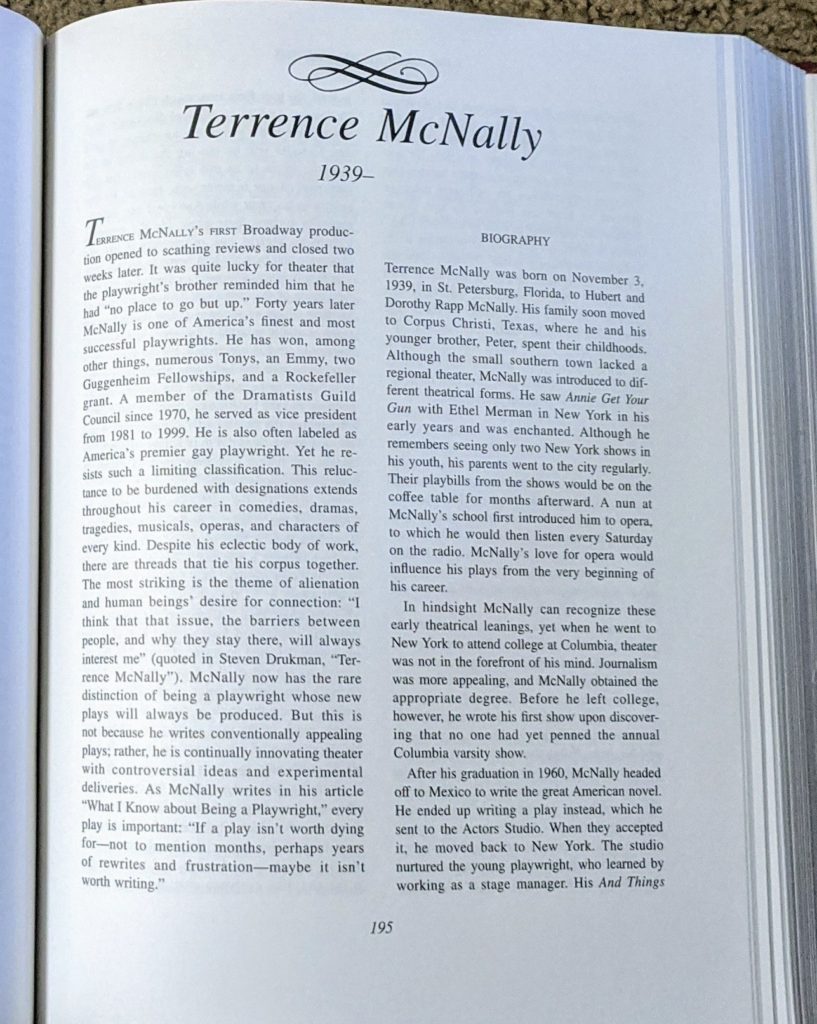
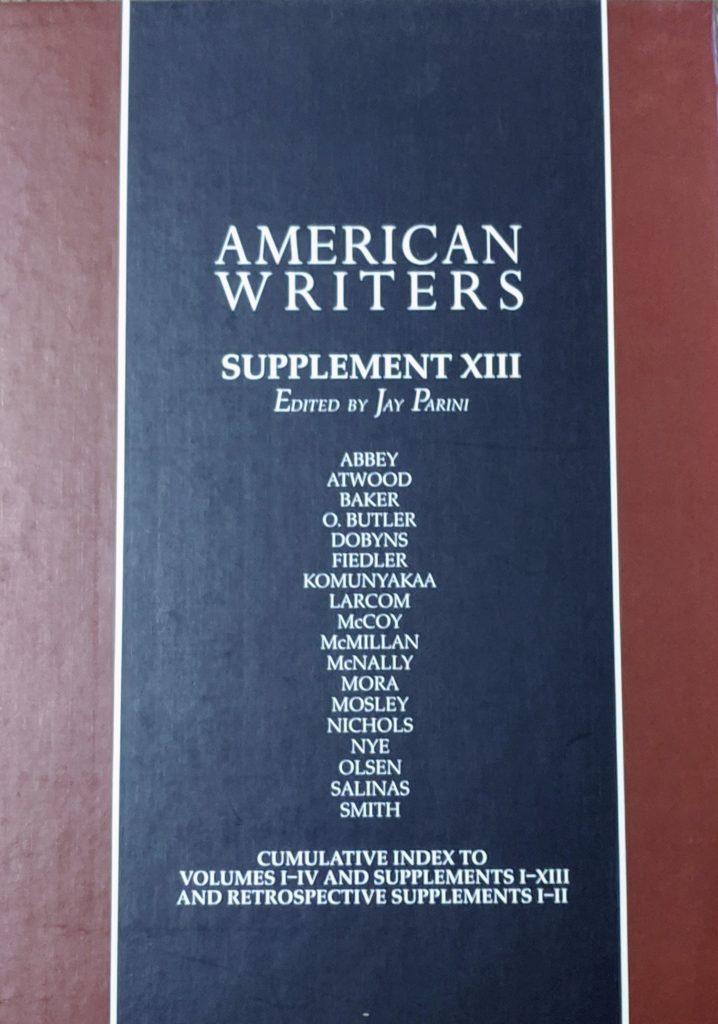
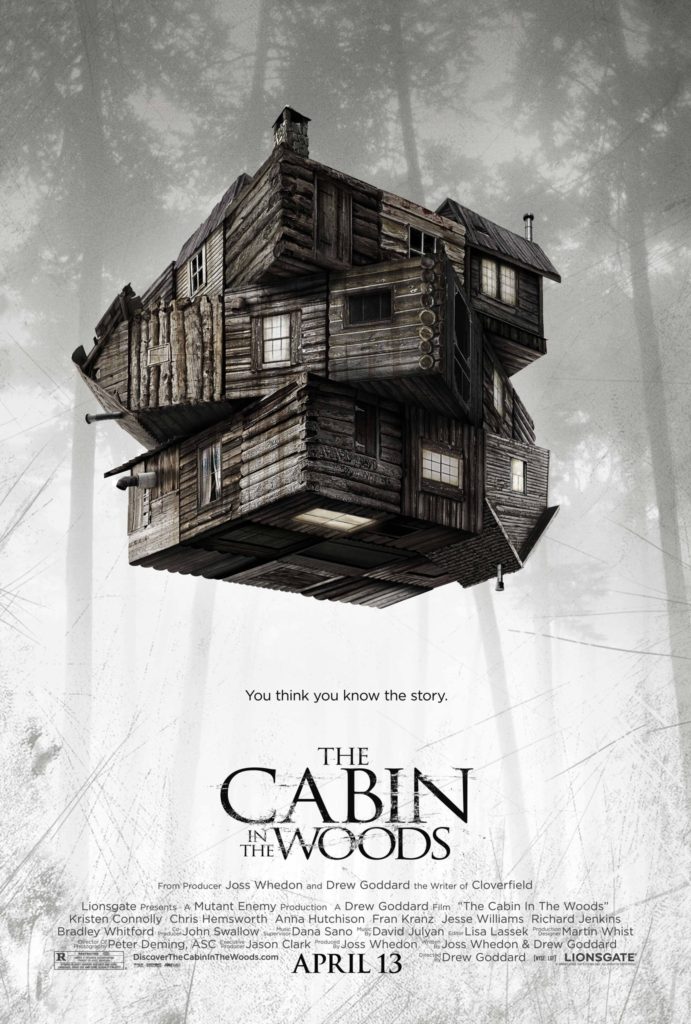
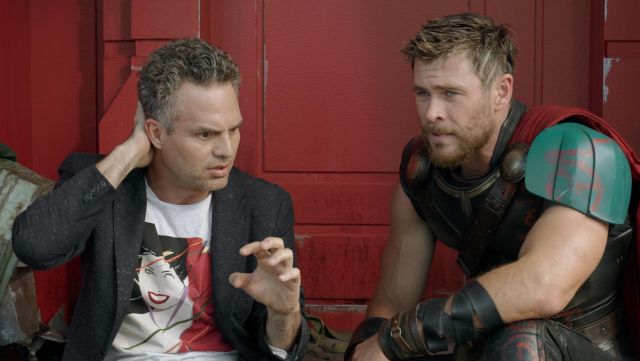
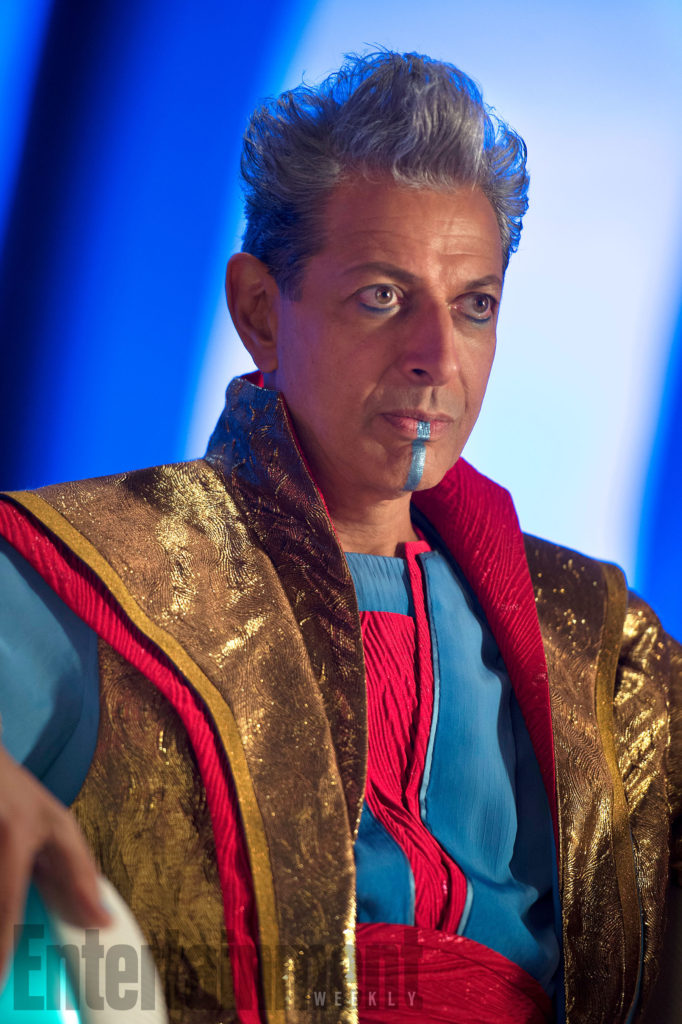

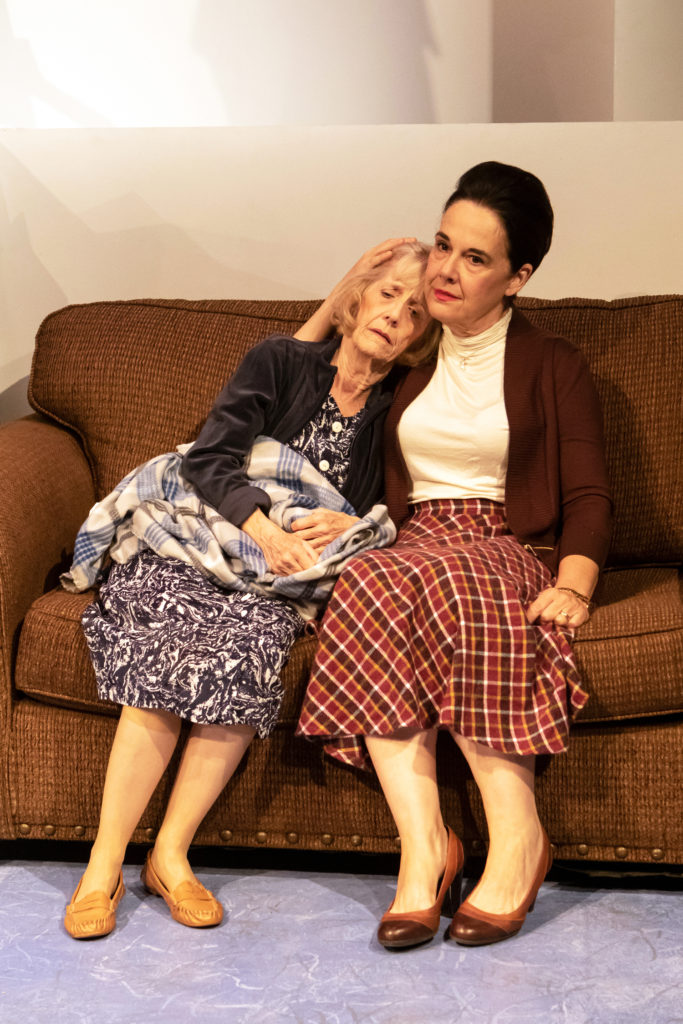
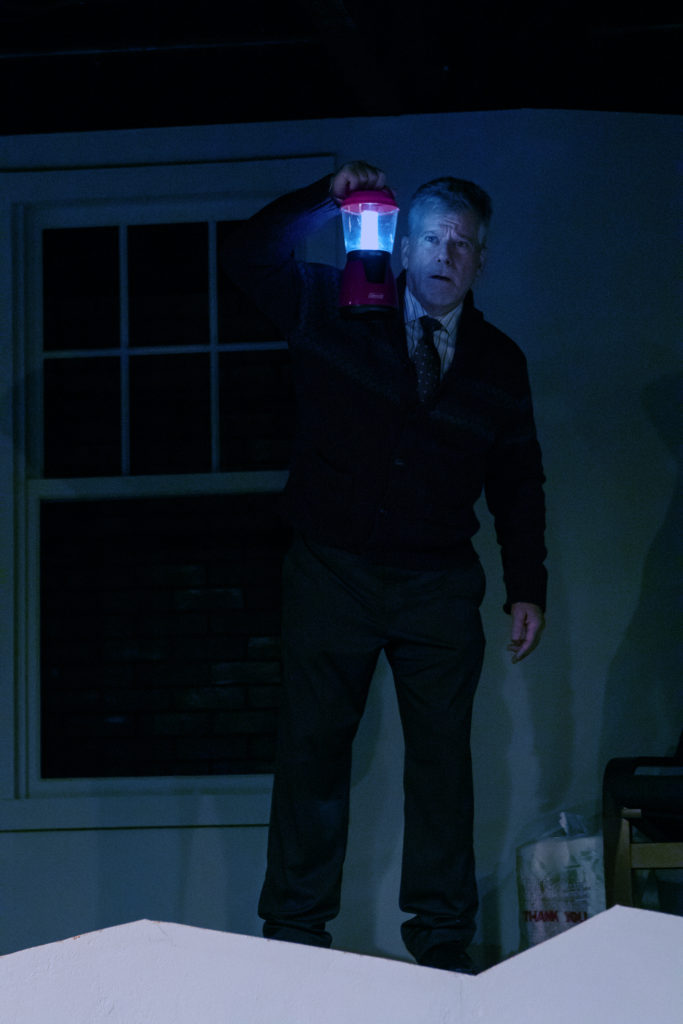
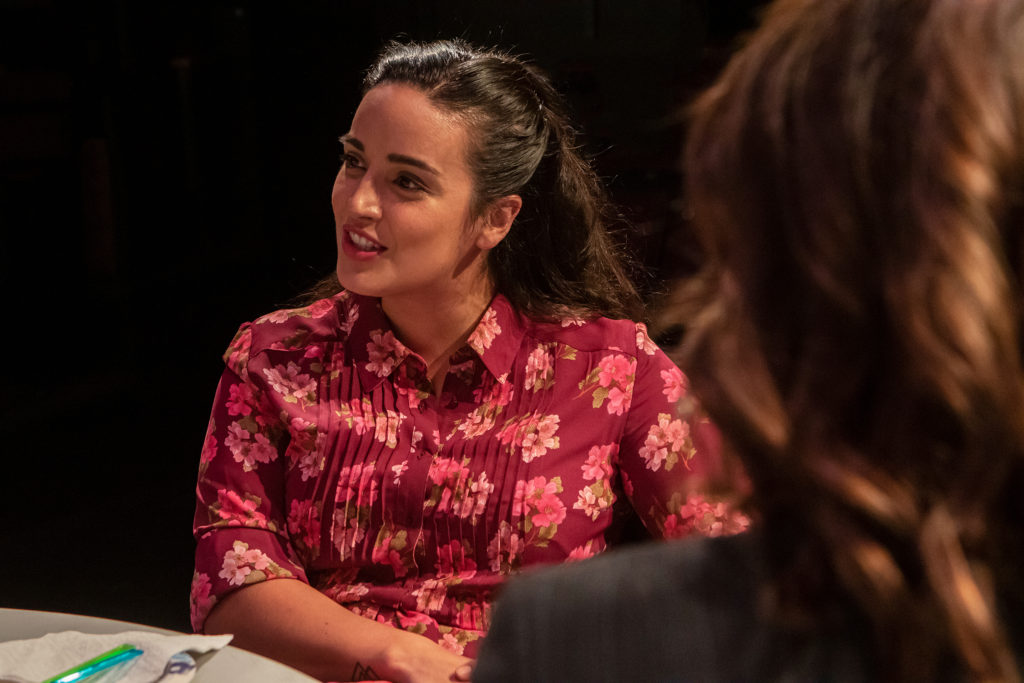
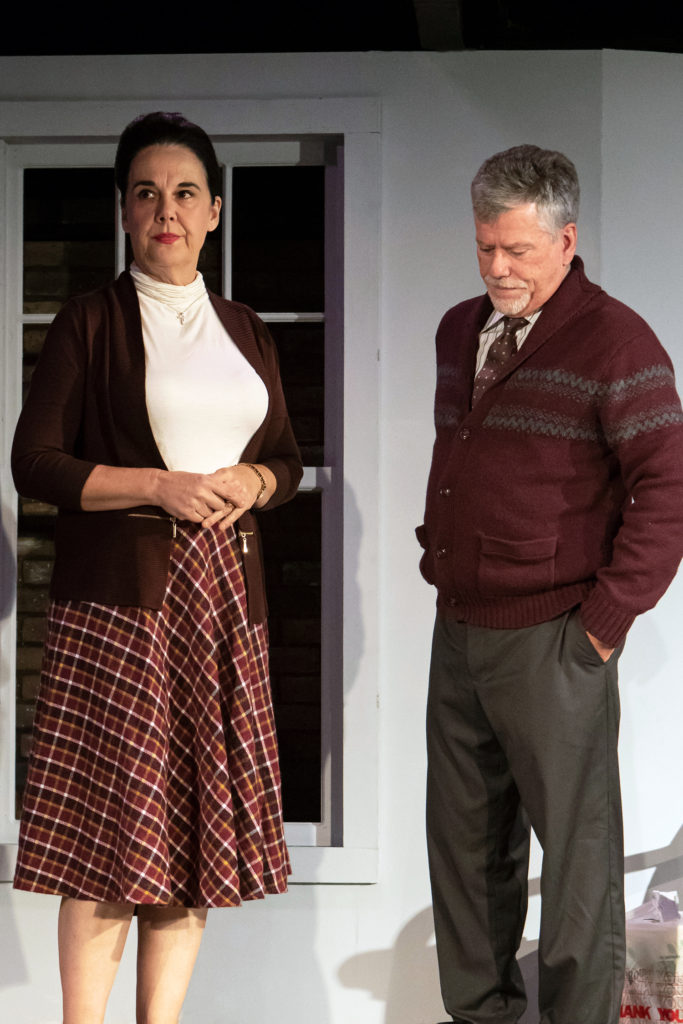
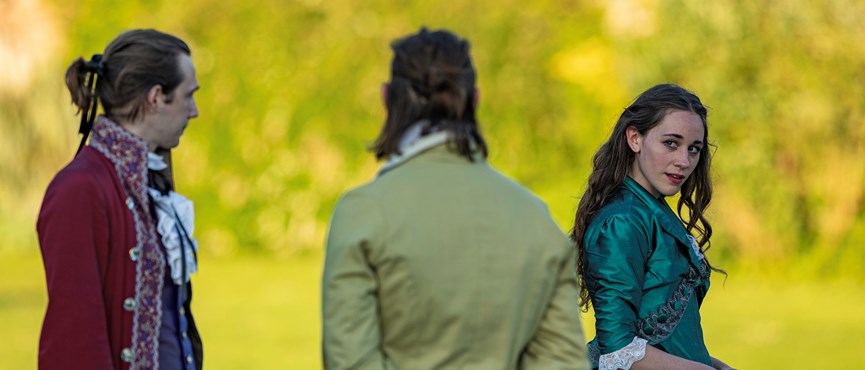



Recent Comments